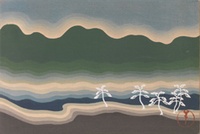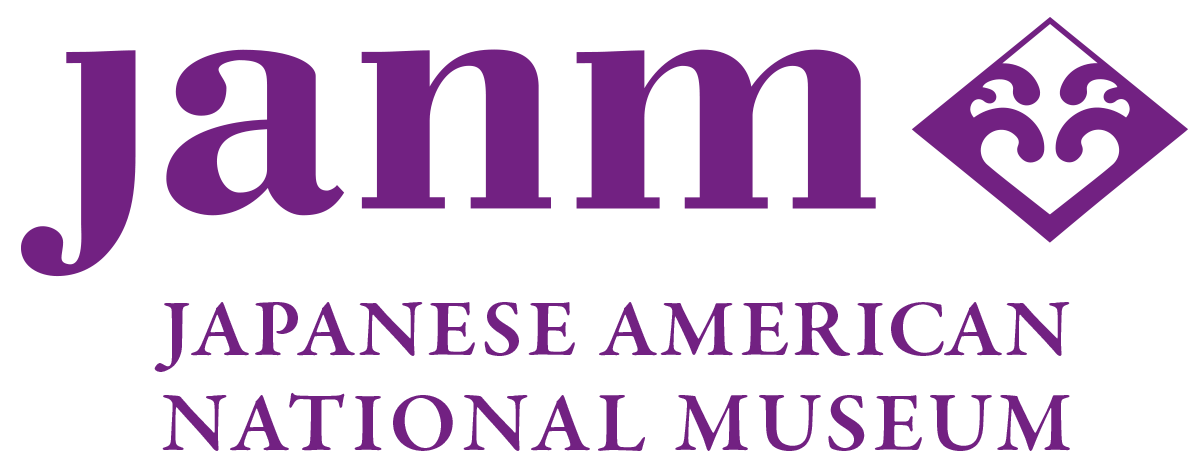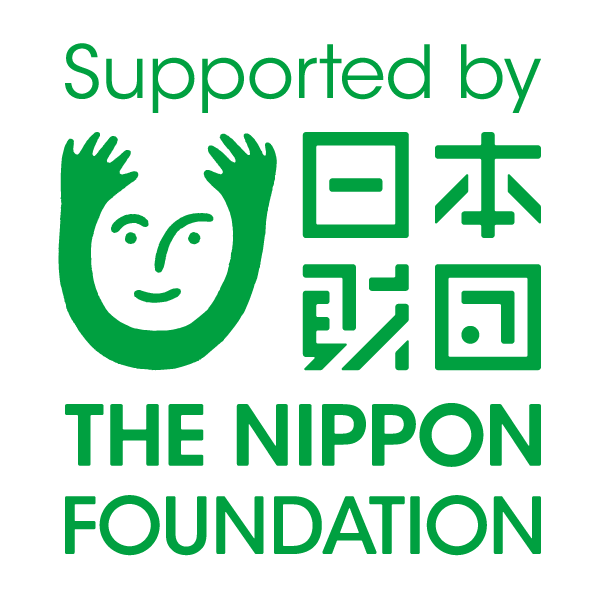Designing Nature: The Rinpa Aesthetic in Japanese Art
| May 201226 | — | Ene 201313 |
The Metropolitan Museum of Art
1000 Fifth Avenue
New York, New York, 10028
United States

Rinpa is a modern term that refers to a distinctive style of Japanese pictorial and applied arts that arose in the early 17th century and has continued through modern times. Literally meaning “school of Korin,” Rinpa derives its name from Ogata Korin (1658–1716), a celebrated painter, potter, and lacquer designer from Kyoto. It embraces art marked by a bold, graphic abbreviation of natural motifs, frequent reference to traditional court literature and poetry, the lavish use of expensive mineral and metallic pigments, incorporation of calligraphy into painting compositions, and innovative experimentation with new brush techniques.
The Metropolitan Museum of Art will present an exhibition featuring some 75 brilliantly executed works of art created in Japan by the Rinpa-school artists. The exhibition will be held in two rotations, the first opening on May 26, 2012; the second on September 12, 2012. Highlighting the school’s most prominent proponents, Designing Nature in Japanese Art: Rinpa Aesthetics, 1600s to Modern Times will trace the development of the Rinpa aesthetic and will demonstrate how its style continued to influence artists throughout the 19th and 20th centuries. Comprising some 50 works from the Museum’s own holdings supplemented by some 25 loans from public and private collections on the east coast, the exhibition will include many masters’ renowned works in a variety of media—painting, textiles, lacquerware, and ceramics.
 APA_Institute
.
Última actualización May 23, 2012 12:37 p.m.
APA_Institute
.
Última actualización May 23, 2012 12:37 p.m.


 Journal feed
Journal feed
